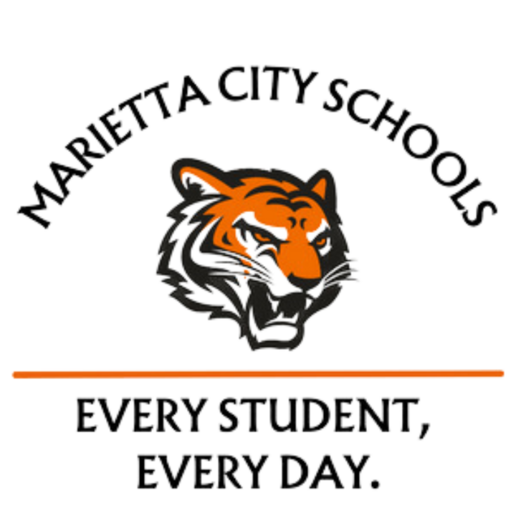"What is a survey?" Kim Cwynar asked students in Melissa Levelle's second-grade class Tuesday.
Hands shot up, with one child sharing the simple statement: "It's questions and your answers."
"Absolutely," confirmed Cwnyar, the guidance counselor for kindergarten through second grade at both Phillips and Washington elementary schools. "There's no right or wrong answer... The Orbit survey we're doing today, we do because we care about you."
She explained how student safety and health are priorities within the district, pausing to describe the definition of "periodically" as they read along with the introduction to Tuesday's survey on each iPad in the classroom.
"It means this isn't the only time," she shared, introducing Tuesday's check-in on the social and emotional health of each student.
The first question: How are you feeling today about school?
Answers possible included both the words Happy, OK and Sad, beneath emojis of each expression.
The second question: How are you feeling about home today?
Again, students used their fingers to select their response and hit the "Next" button on their screens.
The final question: How are you feeling about friends today?
"These are our climate surveys for our social-emotional initiative," shared Cwynar after leaving the room. "These state standards have to do with understanding our feelings and building relationships."
And the check-in is happening at each building in the district, with Marietta Elementary School (grades 3-6) utilizing age-appropriate questions that include greater reflection, and at the high school surveys including the option to request a visit with a school counselor.
But a survey isn't the only time students learn about self-regulation and emotional management.
"Last week we focused on listening, this week it's on trustworthiness and building trust, with lessons and questions, music and practice of those skills inside the classrooms," said Cwynar. "This becomes a part of their day and learning through that growth mindset that they can tackle hard things and ask for help."
The confidence such discussion can build, she explained, can also work on the front-end of behavioral skills in the school and workforce.
"We want them to feel safe at school, respected, responsible and aware of their surroundings," shared Cwynar. "When a child is healthy emotionally, they learn better."
And the information captured with the surveys is then put to use, both quickly flagging students in need of extra support, and helping district leaders keep a pulse on trends as students move through the school year.
"You teach kids how to read, how to do maths, but sometimes we just expect them to come to school already knowing that they're supposed to stand in line and knowing they're not supposed to scream and yell in the bathroom, " she reminded. "But here, we track with Positive Behavior Intervention Supports and with the check-in that they are learning the relationship skills, too, that will benefit them in the world as they go on to jobs and higher education."

